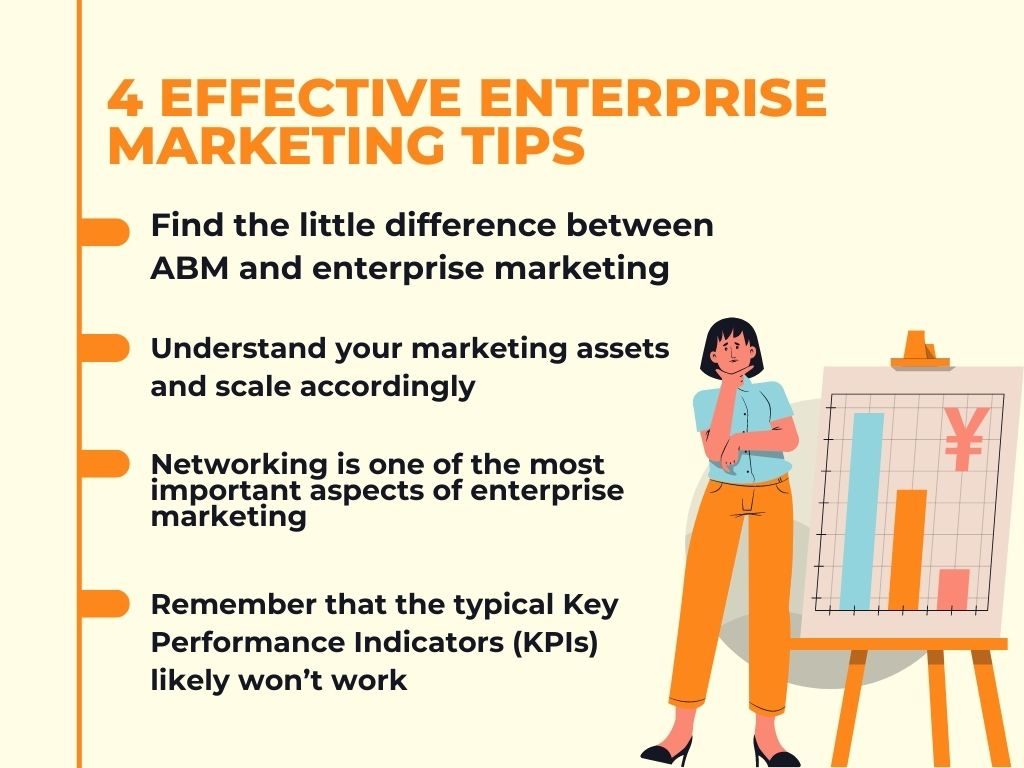
Achieving the best ROI with social media marketing is essential. This article will explain how to measure and calculate engagement rates, convert sales, and compare the cost of increased sales to lower costs. We'll also talk about how to build a deep understanding on social media ROI. We will be discussing how to measure social-media ROI and how to calculate it depending on your business goals. We will also discuss how to measure social marketing ROI with other channels, such as content marketing or search.
Measuring engagement rate metrics
The engagement rate can be used to determine how many people are engaging with your posts via social media. It is the number of times that your audience interacts on your posts via a variety platforms. An engagement rate is the sum all of these smaller opportunities. There are many metrics that can be used to measure engagement on social media platforms. How many people like your posts will help you decide which one is right for your company.
Social media metrics are not about just eyeballs. Therefore, it is important to track and tie your content back to the business's goals. It can be difficult for businesses to determine ROI. However, increasing engagement will lead to a better quality audience. Engagement metrics are a way to gauge whether your content is inspiring interest and generating sales.

Measuring conversion ratio metrics
Your ROI calculation will be aided by measuring conversion rates on RoI social media. This metric is used to measure how many people converted posts on social media into leads. When you see this metric, you can evaluate the effectiveness of your posts to increase conversions. You might want to track the number of post views and engagements you get from Facebook, for example. To calculate your conversion ratio, divide the number that visited your Facebook Page by the number that visited your website. Once you have created a list of competitors, you can add their social data together and see which posts they have used.
To determine whether your efforts are succeeding, it is important to measure the conversion rate metrics for ROI social media. Social media engagement can be crucial to brand awareness, generating leads, or converting customers. It is essential to track your social media ROI to determine the best strategies for improving your social media strategy. You need to use the most efficient tools to analyze social media conversions and identify any brand perception changes that could be contributing to low ROI.
Measurement of sales increase versus cost
To measure ROI social media, you need to calculate the cost-benefit of a campaign. You can compare the cost of Facebook ads with the sales generated by the campaign. This is especially helpful if the marketing campaign includes both paid and organic social media marketing. Also, you should know how much advertising is spent each day. A vital tool to measure the effectiveness and efficiency of a campaign is social media ROI.
For business success, measuring ROI social media is critical. You should tie social media to specific goals that improve your bottom line. Google Analytics allows you to track leads and conversions. You can see the referral sources of social media from customers in the Acquisition report. YouTube and Facebook are two examples of social media sources that you should examine for ROI. Depending on your goals, you can then measure the return on investment.

Developing a deep understanding of social media ROI
Marketing managers must have a good understanding of social media ROI (returns on investment). Marketing managers can benefit from social media campaigns in many ways, including brand awareness, customer loyalty, revenue, and increased brand awareness. These benefits can be maximized by understanding which factors contribute to ROI and which have the most impact. Without adequate analysis and metrics, it is difficult to improve ROI in social media.
Social media is known for being slow and costly. Many businesses put hours into it, but only get a few vanity metrics. But, in reality, many businesses are killing it in organic and paid campaigns. It is now almost impossible to avoid social media, and most businesses have a presence on a social platform. How to calculate the social media ROI Understanding how each activity affects revenue and the impact it has on your overall business.
FAQ
How can content marketing be measured for success?
There are many ways that you can measure your content marketing effectiveness. You can track how many people visit your site, or see how many leads you generate.
Are you a SEO expert for Content Marketing? Yes!
SEO experts are familiar with how search engines, such as Google, rank pages. They can also tell you which keywords to target when optimising your page.
How do you create effective content?
The best way to create great content is to write about something that interests you. To be a successful writer, you must choose topics that are important to you. This means finding out what makes you tick and then using that knowledge to help others. It is easy to write for oneself, but writing for others will make it much more enjoyable.
How much should I spend on Content Marketing?
It depends on how many leads your company wants to generate. The average cost per lead ranges from $5-$10, depending on the industry. In our case, the average cost per lead was $20 when we first started our company. We now spend approximately $6-7 per Lead.
Why would you need a content strategy in marketing?
Content Marketing is more than creating great content. Content marketing is about connecting with people on an emotional level, helping solve their problems and building relationships. This requires an understanding of the online behavior of people.
And this is precisely what Content Marketing Strategy does. Content Marketing Strategy is a great way to understand customers' psychology and engage them in the best possible ways.
You can also improve your conversion rates to increase profits.
But why would you want to invest in a Content Marketing Strategy when plenty of other options are available?
Content Marketing Strategy is more efficient than any other type marketing.
So whether you are looking to increase brand awareness or sell products, a well executed Content Marketing Strategy is the best way to go.
What is Content Marketing?
Your site is visited by someone who is looking for something. Great if they find what they are looking for. They'll go elsewhere if they don't find what they need. You can create helpful and relevant information that answers questions, solves issues, and adds value with content marketing. This content can be used across all platforms (social media and email). You can use this content across all platforms (social media, email, etc.) so that people always have access.
Statistics
- An example of an overarching goal could be: "In 2022, we want to achieve a 20% increase in revenue created by organic content and generate 15,000 MQLs with a budget of $30,000." (semrush.com)
- We found that 40% of businesses don't have a documented strategy yet. (semrush.com)
- According to our research, 65% of companies with very successful content marketing in 2021 ran content audits at least twice a year. (semrush.com)
- This marketing strategy landed Ford a 15.4% conversion rate. (neilpatel.com)
- Measure your goals with a progress indicator of 0-100%. Make your goals collaborative and transparent (semrush.com)
- Progress indicators (0–100%) allow each team member to see how attainable each goal is and understand what remains to be accomplished. (semrush.com)
- Out of the 1,500 marketers we surveyed for our State of Content Marketing report, 78% who felt their content marketing strategy was exceptionally effective in 2021 had documented their strategy. (semrush.com)
- Companies that use content marketing see approximately 30% higher growth rates than businesses not using it. (mailchimp.com)
External Links
How To
What are the best content marketing platforms?
Although no platform is perfect for every industry, most industries have at minimum one preferred tool. For example, Hubspot has been proven to increase conversion rates by almost 50%, so its software is widely used among marketers.
There are many tools out there that offer different features. Some tools offer better analytics tracking while others make it easier to collaborate between teams. Others offer A/B testing features that can help improve your content marketing ROI.
Before you decide to choose a platform, consider the following: Which platforms have the best pros and cons? Is it going to meet my needs right now? What about 2 years from now?
Entrepreneur Magazine has identified the top five content marketing platforms.
Marketo Content Studio: Content Marketing Platform #1
Marketo is an enterprise social media management software provider. It offers a wide range of products, including CRM software and social publishing tools.
A content studio is also available that allows businesses to access a collection of pre-made graphics and templates that can be customized into custom designs.
This means that you don’t need to spend hours writing content or designing graphics. Instead, you can concentrate on creating compelling content that speaks directly for your audience.
Marketo makes adding images and videos to blog posts easy. This helps make them visually appealing and increases engagement with your readers.
Marketo won't allow you to edit your image or video files.
Trello, Content Marketing Platform #2: Trello
Trello is similar with Kanban boards in project administration. Both feature task lists that users can assign to each other and track progress.
Trello allows team members to create their own boards and assign them specific responsibilities. It allows you to share information among workers in a simple workflow.
However, unlike Kanban boards, Trello doesn't require any special software to run. Trello can be used on almost any device.
Trello allows you to invite others to collaborate on projects, without sharing sensitive data.
This allows you to create a private forum and only reveal the necessary details to others who need them to complete a task.
Content Marketing Platform 3: Google Suite
Google offers a range of products tailored to business owners. Google Docs, Sheets and Slides are all part of the company's G Suite.
It's important to note that these applications aren't free. Each user must be paid individually. However, if you are planning to use them all for different purposes, several plans start at $5 a month.
If you wish to embed a link on another website in a document you will need to buy two licenses.
However, if you just want to create one document, you can do so for free.
Google tools can be integrated with other apps such as Gmail. This is a huge advantage. Google tools allow you to easily email documents and save data in Google Drive.
Hubspot Content Marketing Platform 4.
HubSpot has a great reputation as a web-based advertising tool. It offers many functions.
Through its platform, users can manage different aspects of their websites, landing page, and blogs. They can, for example, create automated emails to track conversions.
HubSpot is also compatible with Salesforce and WordPress. This means you can connect all three platforms.
One of the most valuable features of HubSpot is that it integrates with over 200 different third-party apps. This allows you automate tasks and generate reports using real-time data.
Although HubSpot will not allow you to publish content, you are able export it into many formats such as HTML or PDF.
When it comes to pricing, HubSpot offers a free trial version. However, once you upgrade to a premium account, you have unlimited access.
HubSpot is the best blog platform and eCommerce solution. Get started today!